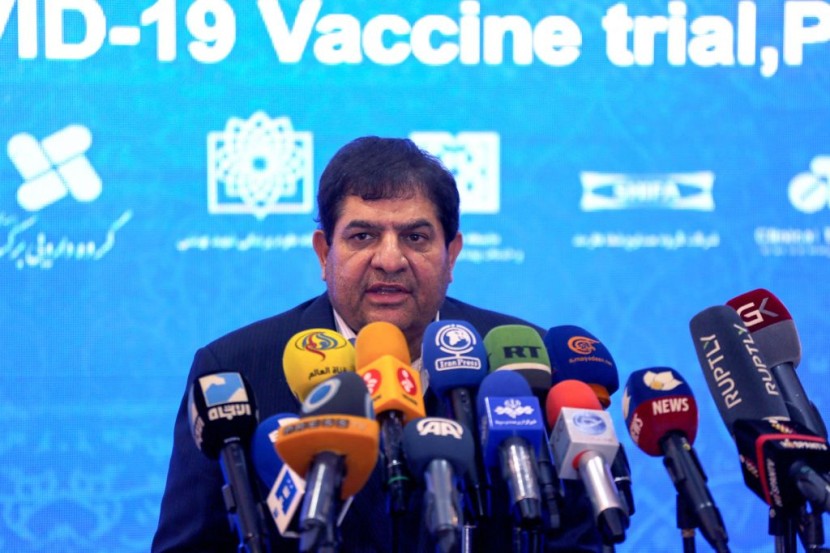
Mohammad Mokhber, the Iranian Vice President, stated that more Russian trade using national currencies instead of the US dollar would make a huge difference. He met Putin's Presidential aide Igor Levitin in Tehran last Wednesday when he made the remarks.
Iranian VP Urges Expansion of Trade with Russia
As stated by the vice president, increased use of local currencies in trade with Russia can significantly increase trade transactions between the two countries, reported Fars News.
He stated that speeding up the completion of the Rasht-Astara railway, an initiative along the Caspian Sea in northern Iran that Russia financially backs, could well result in a boost in trade and cargo transit with both Iran and Russia, noted Pars Today.
The Tehran official explained that trade cooperation with both Tehran and Moscow is essential not just for the requirements and interests of Iran and Russia. This will achieve the region and markets' requirements while offering additional benefits. Levitin remarked that suppliers from Russian of agricultural equipment and bus manufacturers want to sell in the Iran market.
In late August, a representative of Industry, Mine, and Trade Minister, Reza Fatemi Amin, confirmed that both partners are officially signing contracts and transacting in national currencies. In their economic transactions, both use the rial and the ruble in increased Russian trade in national currencies.
Use of National Currencies in Trade Instead of Dollars
Iranian VP contends that despite being subjected to harsh economic penalties by Western countries, it and Moscow have decided to intensify their economic cooperation. Adding that, there are substantial opportunities to boost bilateral trade volume.
Officials from both nations accused the US of using the dollar to impose economic and political war. The government of President Seyed Ebrahim Rayessi has made forming alliances with neighbors a primary focus of its foreign policy.
Late in June, Tehran government spokesman Ali Bahadori Jahromi reaffirmed that President Rayesi's foreign policy is founded on decent commonality. Tehran recently increased bilateral collaborations with its peers, particularly in trade and business.
Iran Signs $40 Billion Deal with Gazprom
During a press conference after the cabinet meeting, Oil Minister Javad Owji indicated that the government had started trading byproducts and anticipated starting to trade gas in the winter season, per FNA.
The development of fields and gas export pipelines, which refer to the agreement of an MoU with Russia worth roughly $4 billion, is on the agenda. As said by Owji, a new energy hub will be established in the area thanks to an oil and gas swap with Tehran and Moscow.
In addition to talking about a joint investment with Gazprom in LNG production and gas-related innovations, these two nations would sign new contracts on establishing infrastructure and trying to extract from collective gas fields, per Yenisafak.
Owji asserted his nation's readiness to develop collaboration with economic activists in remarks he made earlier in the month. He further indicated that a $4.5 billion deal between investors, businesses, and Iran to improve several oil and gas fields has now been finalized.
Vice President Mohammad Mokhber emphasized that increased Russian trade in national currencies will bypass the dollar and the sanctions that come with it.








